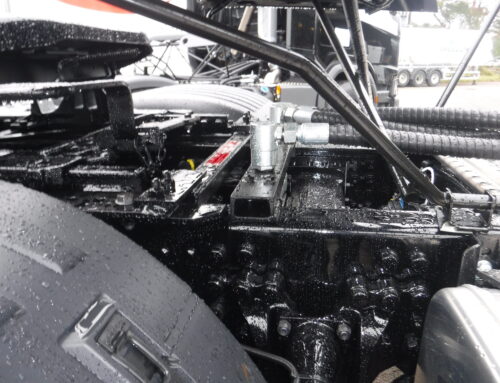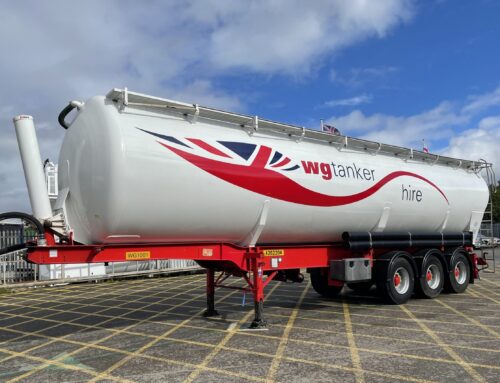Dry bulk cargo transportation is a vital component of the global economy, particularly in the agribusiness and mining sectors. These industries are heavily dependent on the transportation of dry bulk materials, such as grains, coal, and iron ore, to move their products from production sites to consumer markets. This demand for dry bulk cargo transportation drives the need for specialised vessels known as dry bulk tankers.
Agribusiness
The agribusiness sector is one of the largest users of dry bulk cargo transportation. Grains, such as wheat, corn, and rice, are major crops that are grown around the world and are essential to the food supply. These grains need to be transported from the farm to the mills, where they are processed and packaged for distribution to consumers. In addition, the agribusiness sector also includes the transportation of other dry bulk materials such as fertilisers, animal feed and biomass.
Mining Sector
The mining sector is another major user of dry bulk cargo transportation. Raw materials such as coal, iron ore, and bauxite, are mined in large quantities and need to be transported to ports for export. These materials are also used in manufacturing and construction, which drives the demand for dry bulk cargo transportation. The mining sector is also responsible for the production of other dry bulk materials like salt, gypsum, and aggregates.
Population Growth
The demand for dry bulk cargo transportation in these sectors is driven by population growth, urbanisation, and industrialisation. As the world population continues to grow, so does the demand for food and resources. Urbanisation and industrialisation also lead to increased demand for construction materials and energy. This in turn creates a need for more efficient and reliable dry bulk cargo transportation.
Dry Bulk Tankers
The dry bulk tanker is the primary vessel used for the transportation of dry bulk materials. These vessels are designed to carry large quantities of cargo, with capacities ranging from a few thousand tons to over 200,000 tons. They are equipped with specialised cargo holds that can be easily cleaned and are suitable for carrying a wide variety of dry bulk materials. Dry bulk tankers also have a deep draft, which allows them to navigate through shallow waters and into ports that are not accessible to larger vessels.
The dry bulk shipping market is a cyclical market and the demand for these vessels is highly dependent on the global economy. The shipping industry is facing tough market conditions with a large oversupply of vessels and low freight rates. The market is expected to recover in the next few years as the demand for dry bulk cargo transportation is expected to increase.
In conclusion, the agribusiness and mining sectors are heavily dependent on the transportation of dry bulk materials, such as grains, coal, and iron ore. This demand for dry bulk cargo transportation drives the need for specialised vessels known as dry bulk tankers. The dry bulk shipping market is a cyclical market and the demand for these vessels is highly dependent on the global economy. As population growth, urbanisation and industrialisation continue to increase, the demand for dry bulk cargo transportation is expected to rise in the near future.







